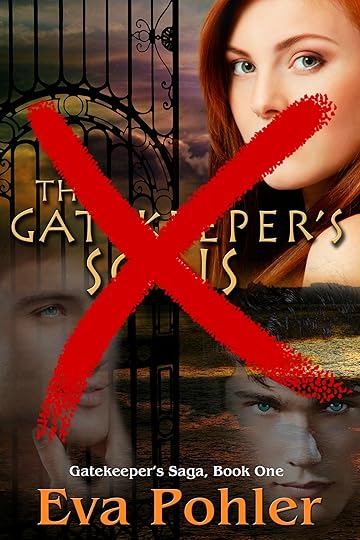Book Reviewers: Are You a Teacher or a Shredder?
I can’t write a post often enough to thank book reviewers. I know being a reviewer takes time, energy, and talent. I know, because I used to be one.
But when I was a book reviewer, I had a personal policy. I would only review books I mostly liked. If I hated a book, I remained silent.
I realize now that I should have written critical reviews, too. To remain silent on a book that didn’t live up to my expectations was to do a disservice to readers of my review blog. And as an author, I appreciate both the positive and the negative reviews. The positive ones build up my confidence and help me know what I’m doing right. The negative ones help me to grow as an author.
I’m especially grateful for the critical reviews that manage to find something positive to say. When I was in college, my creative writing teachers used to instruct us to write both positive and negative feedback for the other students in the class. And our negative feedback was meant to be instructional and respectful, tempered with the acknowledgment that some of it was a matter of subjective taste.
I get amazing critical reviews written by readers who get that. To me, these reviewers are “teachers.” They not only teach other readers what to look for in books, but they also teach writers about their weaker moments.
This type of critical review appears less frequently, however, than the type that rips an author’s dreams to shreds with no mention of anything positive. Maybe a “teaching” critical review is less fun to write, or less sexy, than a “shredding” critical review. Forgetting the courage it takes to publish a novel in the first place, the hopes and dreams that are all packed up into that novel, and the fragile ego of the artist behind the scenes probably adds to the ease of becoming a shredder.
 It’s particularly frustrating when the shredder forgets the genre of the book and complains about elements that are typical of that genre, such as the character’s age or the way he or she speaks (i.e. like a high-schooler when it’s a young adult novel). Often shredders pick apart elements of a story that are necessary. For example, if a protagonist is to grow, she must start off as weak, or whiny, or complacent, or whatever. Shredders often don’t finish the book to see the character arc. They just can’t wait to start shredding, I guess. The most frustrating negative reviews are the ones that begin with, “I’m a teacher,” or “I’m a writer,” and then they go on to shred without a single instructional word of advice. You would think that, of all people, teachers and fellow writers would write “teaching” critical reviews.
It’s particularly frustrating when the shredder forgets the genre of the book and complains about elements that are typical of that genre, such as the character’s age or the way he or she speaks (i.e. like a high-schooler when it’s a young adult novel). Often shredders pick apart elements of a story that are necessary. For example, if a protagonist is to grow, she must start off as weak, or whiny, or complacent, or whatever. Shredders often don’t finish the book to see the character arc. They just can’t wait to start shredding, I guess. The most frustrating negative reviews are the ones that begin with, “I’m a teacher,” or “I’m a writer,” and then they go on to shred without a single instructional word of advice. You would think that, of all people, teachers and fellow writers would write “teaching” critical reviews.
I don’t expect reviewers to take the time to provide a thorough evaluation of a book, complete with a list of items that might be improved, along with a careful stroking of a writer’s ego. Hell, no one has time for that. So when I say a “teaching” review, I simply mean one that tries to provide constructive criticism by saying something like, “This element didn’t work for me, and this element could be improved, but this other element was interesting.”
Fortunately, the vast majority of the reviews I receive are positive. But every author I know has agreed that even if a writer receives only one negative review out of 100, the negative review will have more impact on the writer than the 99 positive ones. Since that’s true, I think writers of critical reviews have an opportunity to make a difference. I’m not saying they are morally obligated to do so; I’m just pointing out they they have this amazing chance to do something positive for both readers and writers. They can be teachers rather than shredders.



